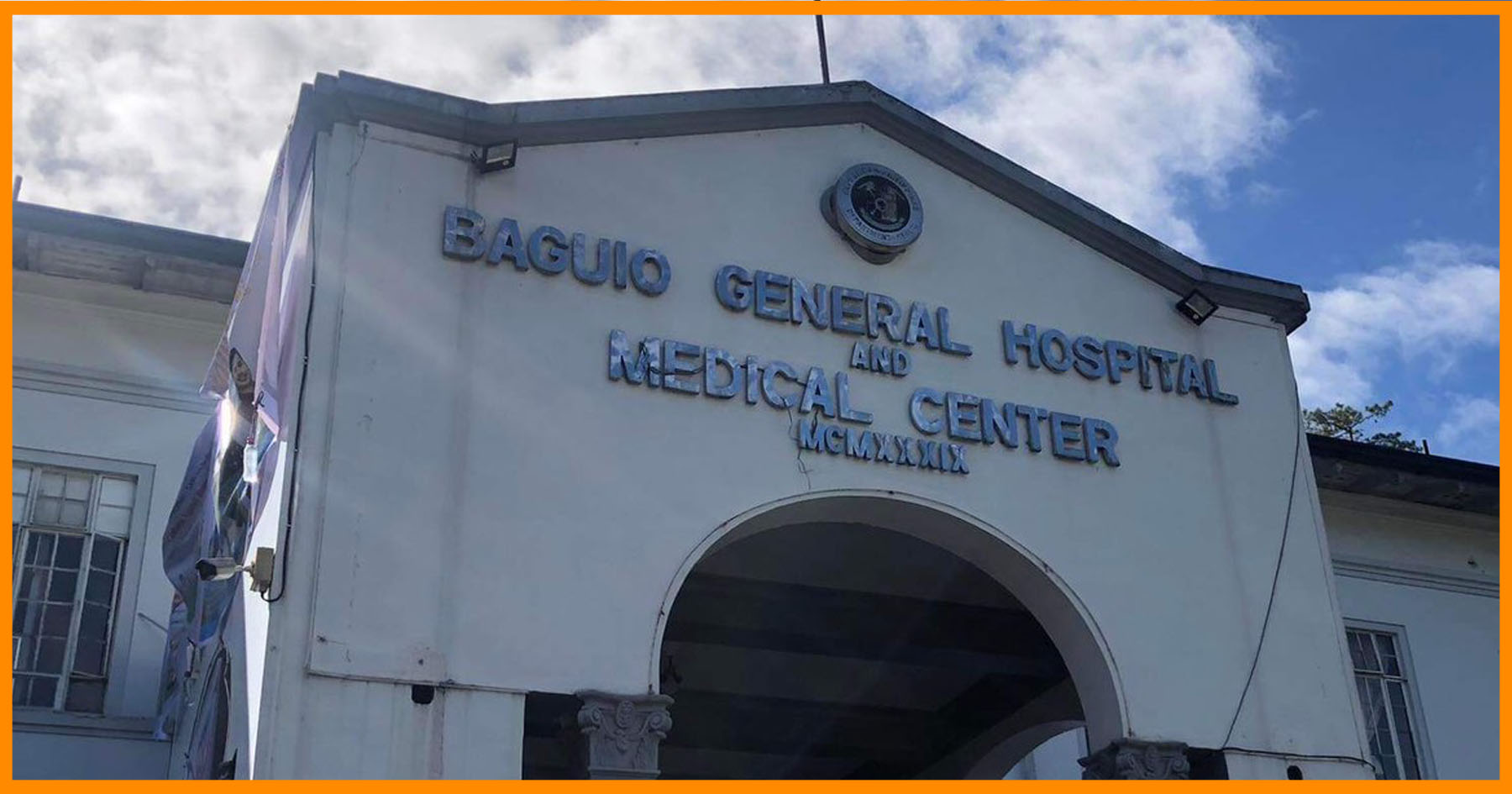BAGUIO CITY – The City Council approved a resolution prohibiting liquor consumption and sale in the city during the occurrence of typhoons to ensure the safety and security of the public as a whole.
The resolution authored by Councilor Francisco Roberto Pacoy A. Ortega VI stated the promotion of general welfare is the primordial interest of the local government, thus, the need for the enactment of appropriate rules and regulations for the implementation of the liquor ban during the typhoons to guarantee the safety of the people in their homes and in the public.
Ortega pointed out that alcohol intoxication clouds the reasoning and limits the physical capability of individuals thereby putting them more at risk to potential danger, especially in times of emergencies where their alertness is required.
The resolution added to make the city’s disaster plans more effective, it is essential that residents understand their roles and responsibilities and to take part in the implementation of the plan, thus, during emergency situations, they must stay alert and vigilant for them to be able to timely react to the prevailing situations inside and outside their homes.
According to the proponent, it has been observed that despite the numerous actions taken by the local government to protect the people from exposure to hazards, the negative response of the residents hinders the attainment of the goal of reducing the severity of the effects of disasters.
The resolution claimed that throughout the year, disasters like floodings and landslides brought about by typhoons frequently affect the city and the local government has been aggressively taking measures in developing plans to lessen the impact of disasters on vulnerable parts of the population.
Under the pertinent provisions of Republic Act (RA) 10121 or the Philippine Disaster Risk Reduction and Management Act of 2012, concerned government agencies and local governments have been mandated to enhance their capabilities on four thematic areas, prevention and mitigation, preparedness, response, rehabilitation and recovery to make communities around the country resilient to the occurrence of natural and man-made calamities.
Further, local governments are mandated to allocate at least 5 percent of their annual budget as their disaster risk reduction and management fund wherein 70 percent of the said fund should be appropriated for prevention and mitigation interventions while 30 percent will serve as quick response funds to be used for the provision of food and other basic needs of the people during the natural and man-made calamities.
One to the salient provisions of the Philippine Disaster Risk Reduction and Management Act is for the attainment of zero casualty in the area of jurisdiction of local governments with empowered residents to help save life and limb from being exposed to eminent danger.
Baguio City and the Cordillera are among the areas that are prone to disasters because most of the areas are allegedly made up of highly fractured rock and soil formations that could easily be saturated by water that often result to soil erosions and landslides posing a serious threat to life and limb.
By Dexter A. See












